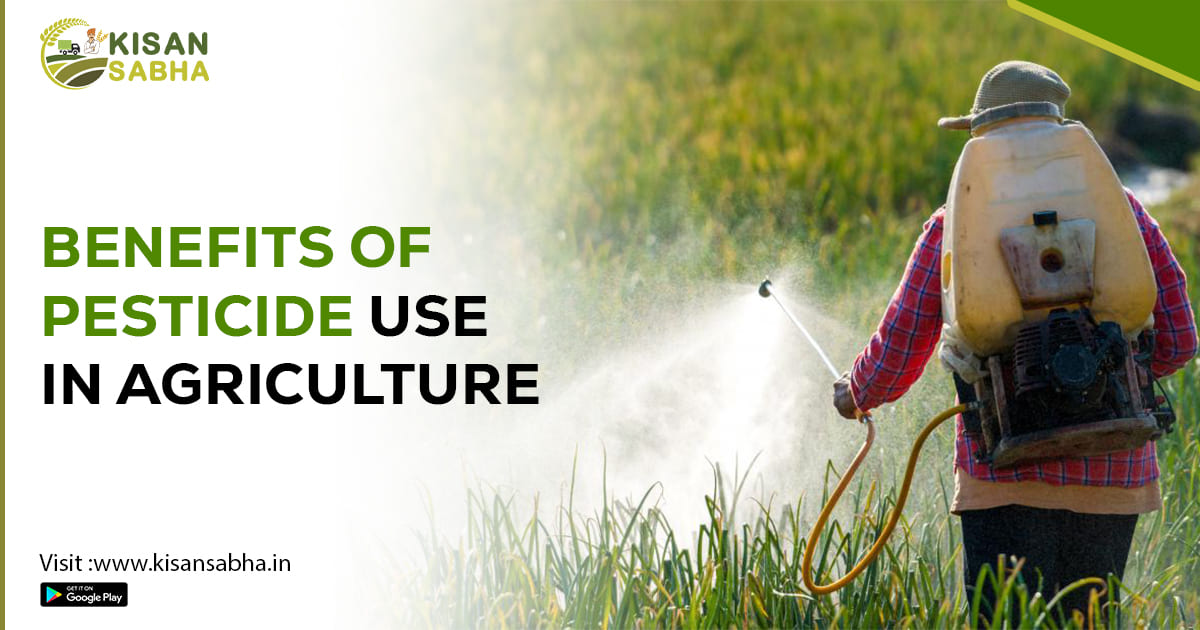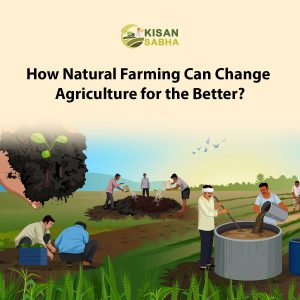Pesticides are essential. They assist farmers in growing more food on less land by protecting crops against pests, diseases, and weeds and increasing yield per hectare. Pesticides safeguard plants against weeds, illnesses, and pests that can potentially wipe out entire crops. Currently, these dangers result in the annual destruction of up to 40% of the world’s potential crops. In the absence of pesticides, this percentage might rise quite quickly.
For this reason, all farmers use pesticides in some capacity to safeguard their crops. Even organic farmers still use pesticides because they prefer natural pesticides to the more widely used synthetic ones. What are the advantages of pesticides, and why are they so crucial? Here are some essential facts regarding utilizing pesticides.
Advantages of Pesticide
- Pesticides help farmers save money by allowing them to grow more crops in the same field. Growing organic vegetables requires more expenditure due to hand weeding than herbicide-grown produce.
- Pesticides aid in the reduction of waterborne and insect-borne infections. It aids in the prevention of disease transmission caused by insects and rodents.
- Pesticides are employed to conserve and safeguard the environment because they can help prevent deforestation and soil erosion and aid in preserving natural resources.
- Using pesticides can help boost crop output and, thus, the farmer’s revenue. It will raise farmers’ living conditions and overall quality of life.
- Pesticides allow farmers to save time by protecting their crops from weeds rather than spending hours eliminating weeds around them. Farmers do not need to repeatedly till the field to increase their crops when their crop is pest-free.
- Pesticides helped developing countries like India become food producers. Crop protection assists farmers in protecting their crops and providing a bountiful supply to the populace.
- Pesticides extend the shelf life of food in storage chambers or warehouses. They also help reduce high post-harvest losses caused by plant diseases and pests and keep food safe.
Effect of Pesticide
Pesticides have a variety of consequences on our environment, health, and even inside our homes. These effects are as follows:
Environmental Impacts
While in the field, chemical pesticides pollute our surroundings. Although their impacts are transient, they may begin to cause dangerous environmental and health consequences if they linger in the environment. When chemical pesticides are sprayed on crops, they may spread to areas other than the targeted area.
Impact on Crops and Soil
Pesticides impair soil quality, which in turn reduces food quality and productivity. Chemical pesticides lessen the nutritional value of food and contaminate it. When we eat foods like apples, lettuce, potatoes, or strawberries, these chemicals enter our bodies and can cause various health problems. While these chemical pesticides are designed to eliminate organisms found on crops, they are equally detrimental to other living creatures.
Health Impact
Pesticide exposure can result in both short-term (acute) and long-term (chronic) health concerns. Acute side effects include rashes, nausea, diarrhea, dizziness, breathing difficulties, eye irritation, and so on. Chronic impacts can result in birth abnormalities, cancer, brain damage, reproductive harm, and other problems. Chronic health conditions might cause symptoms to appear months or even years later.
What are the use of Pesticides
Farmers employ pesticides and insecticides to keep worms and insects away from their crops. Farmers try to grow more crops that are not diseased since there is not enough acreage to meet the demand for food production. To increase output, they frequently use pesticides, but this causes the soil to become less fertile over time. Farmers employ pesticides and insecticides in response to all of these factors. They also use this to protect human health by preventing crop fungal infections.
Farmers have increased the usage of pesticides and fertilizers to enhance crop productivity and satisfy the government’s targets for food sufficiency. Today, farmers rely entirely on pesticides to boost agricultural productivity worldwide and protect plants from a wide range of harmful insects, pests, and diseases.
What are the Effects of not using Pesticides?
Every day, plants encounter many threats that threaten to wipe them out. There are about 30,000 weed species alone, many of which can restrict plant growth and even ruin entire crops. Furthermore, there are about 10,000 different varieties of insects that devour plants. Then there are the hazards that the plants confront once they are harvested and stored since insects, rats, and mold can all cause damage to them.
Allowing the plants to die without pesticide protection is not an option, as this decision would have far-reaching effects. Not only would farmers lose a lot of money and time, but the globe would lose a lot of food. This would be outrageous, given that around 795 million people worldwide lack enough food. Furthermore, what little food we’d have left would be too expensive for most people to afford, implying that few people could buy fresh fruits, vegetables, and grains all year, resulting in a health crisis. Pesticides are required for crops.
Also Read :- Pros And Cons Of Regenerative Agriculture
Conclusion
Pesticide have been a long disputed issue in agriculture, with concern regarding the environment and health issues. However their benifits canot be overlooked. Pesticide play important role in increasing crop yield, improving farming practices and extending the shelf life of food. It is important to use pesticide responsibly and in moderation, while also exploring and investing in alternative pest control methods. With proper management, pesticides can continue to be a valuable tool in promoting food security and sustainable agriculture.





